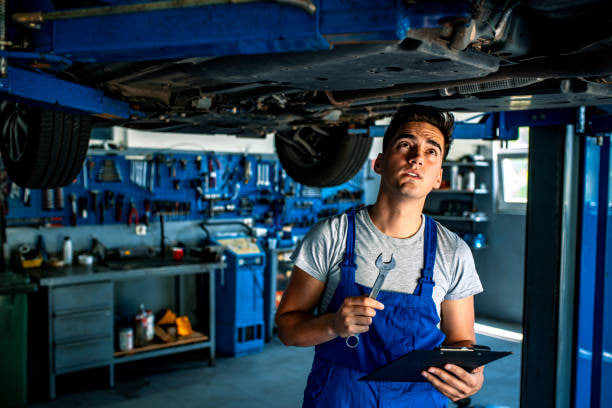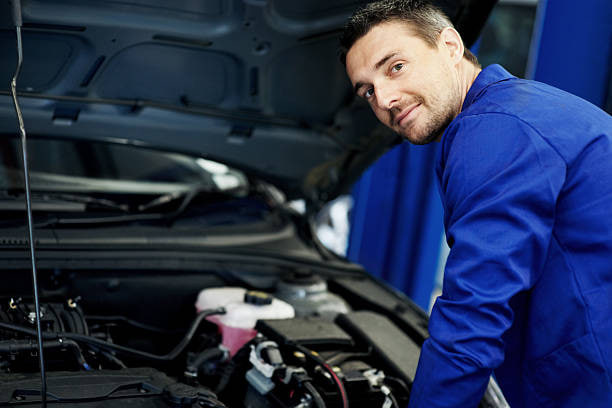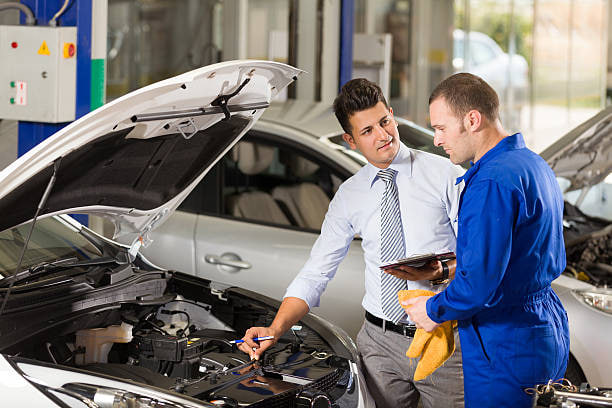Finding a reliable auto repair shop can feel like looking for a needle in a haystack. According to the Auto Service Association, there are over 162,000 auto repair shops in the United States alone. With so many options, how do you know which one you can trust with your vehicle?
This guide compiles the best advice from automotive experts to help you identify quality car services, avoid common pitfalls, and ultimately save time, money, and frustration.







